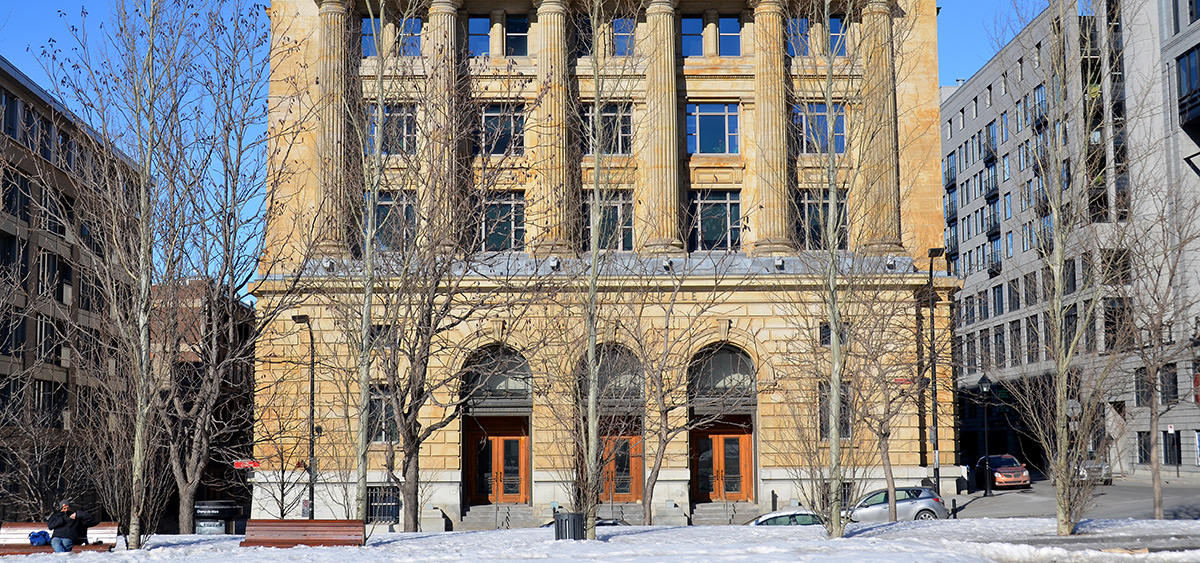Municipal courts are courts that hear local legal cases. They deal with cases related to traffic offenses and violations of municipal rules.

What is a municipal court?
Geographically, a municipal court can hear cases that occur in a specific city or municipal territory. For practical reasons, several local municipalities whose territories are located within the same regional county municipality can have a common municipal court and share its costs.
Like all judges, the judges of municipal courts are selected amongst experienced lawyers.
Something particular about municipal courts is that they sometimes hold evening sessions. In fact, the law requires them to hold 1 out of every 2 sessions after 6:00 p.m.
|
Did you know? If you need to go to the municipal court in your area, make sure you go to the correct address: the municipal court is probably located in a building separate from the courthouse. To find out where to go, refer to this list of municipal courts (French only). |
Municipal infractions: parking, noise and more
Most people show up at municipal court to contest a ticket (parking, speeding, etc.). Municipal courts can make decisions about offenses to the Highway Safety Code.
Municipal courts also handle violations of municipal by-laws. For example, they may deal with fines for parking illegally overnight or mowing your lawn on a Sunday afternoon in cities where such actions are prohibited.
|
Good to know Some municipal courts like those in Montreal and Quebec City also hear certain criminal matters. In principle, the maximum sentence that a judge can impose is a fine of $5,000 or a prison sentence of two years less a day. |
Civil matters in municipal court
Municipal courts can also handle civil cases such as claims by a municipality to recover unpaid taxes or permit fees.
Additionally, trials involving amounts under $30,000 between a municipality and an individual can be heard in municipal court.





